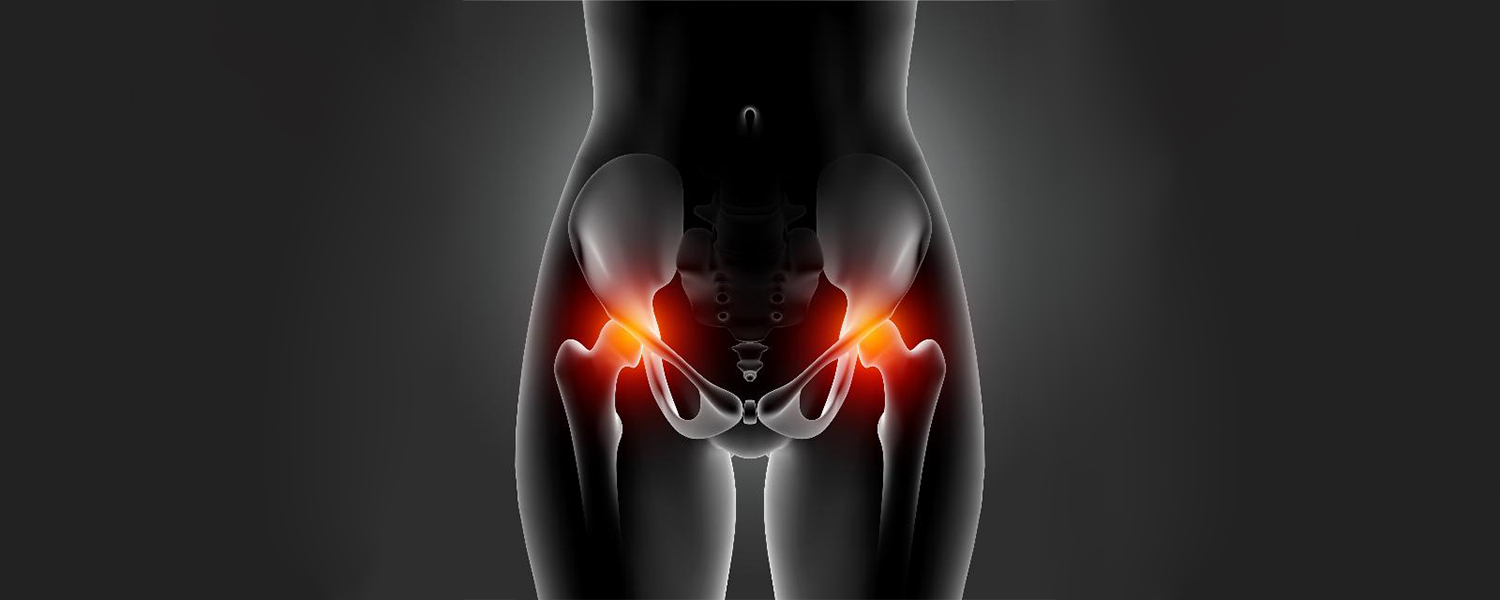Lawsuit Filed Over Defective Biomet M2A Metal Hip Implants
Lawsuit Filed Over Defective Biomet M2A Metal Hip Implants

Introduction
An Arizona couple has filed a product liability lawsuit against Biomet and its related entities, claiming the defective design of Biomet’s metal-on-metal hip implants caused the husband to suffer severe complications, including metal poisoning, necessitating revision surgery.
Defendants in the lawsuit
The lawsuit, filed on December 12 in the U.S. District Court for the District of Arizona, names Biomet, Inc., Biomet Orthopedics LLC, Biomet Manufacturing LLC, Biomet US Reconstruction LLC, and Zimmer Biomet Holdings, Inc. as defendants. The couple alleges that Biomet’s M2a metal-on-metal hip implant is dangerously defective and that the manufacturer failed to adequately warn of the device's risks.
The device received FDA clearance in 2004
The M2a hip implant, used in total hip replacement surgeries, features a metal femoral head and metal acetabular cup, which were marketed as more durable and resistant to wear than traditional materials. The device received U.S. Food and Drug Administration (FDA) clearance in 2004 through the 510(k) premarket notification process, allowing it to enter the market based on similarities to existing devices without extensive premarket clinical testing.
Devices were under scrutiny
However, metal-on-metal hip implants, including the M2a, have come under scrutiny for high failure rates and serious complications. As the metal components rub together, debris can be released, causing tissue damage, loosening of the implant, and metal ion toxicity.
Plaintiff's injuries
The complaint states that the plaintiff was implanted with a Biomet M2a hip in December 2001. Over the following years, he suffered complications, including significantly elevated chromium and cobalt levels, chronic inflammation, tissue reactions, and systemic health problems due to metal toxicity. In December 2022, he underwent revision surgery to replace the failed implant.
Couple's allegations
The couple alleges that Biomet was aware of reports of M2a failures before the device was implanted, indicating the company knew or should have known about the dangers of the design. The lawsuit also claims Biomet misrepresented the safety of the M2a system, asserting it was superior to safer alternatives on the market.
“Relying on Biomet’s representations, plaintiff’s orthopedic surgeon decided to use the M2a MoM Hip System,” the lawsuit states. “But for Biomet’s misrepresentations, Plaintiff’s orthopedic doctor would not have used the M2a MoM Hip System for Plaintiff’s hip replacement surgery.”
The complaint includes claims of strict product liability for design and manufacturing defects, failure to warn, and negligence. Additionally, the plaintiff’s wife has filed a claim for loss of consortium, citing the impact of her husband’s injuries on their relationship.
Similar issues reported about the devices
Metal-on-metal hip implants have faced widespread legal and regulatory challenges in recent decades due to similar issues. Reports of tissue damage, implant loosening, and metal toxicity have led to multiple lawsuits and recalls. Concerns have also been raised about potential risks of tumor development and cancer linked to the design.
Comparable lawsuits have been filed over other metal-on-metal designs, including nearly 12,000 claims involving DePuy ASR hips, which Johnson & Johnson recalled in 2010. That litigation was settled for over $2.4 billion. Other lawsuits have targeted devices such as the DePuy Pinnacle and Biomet Magnum systems. The Arizona case adds to the ongoing scrutiny of these devices and their manufacturers.




